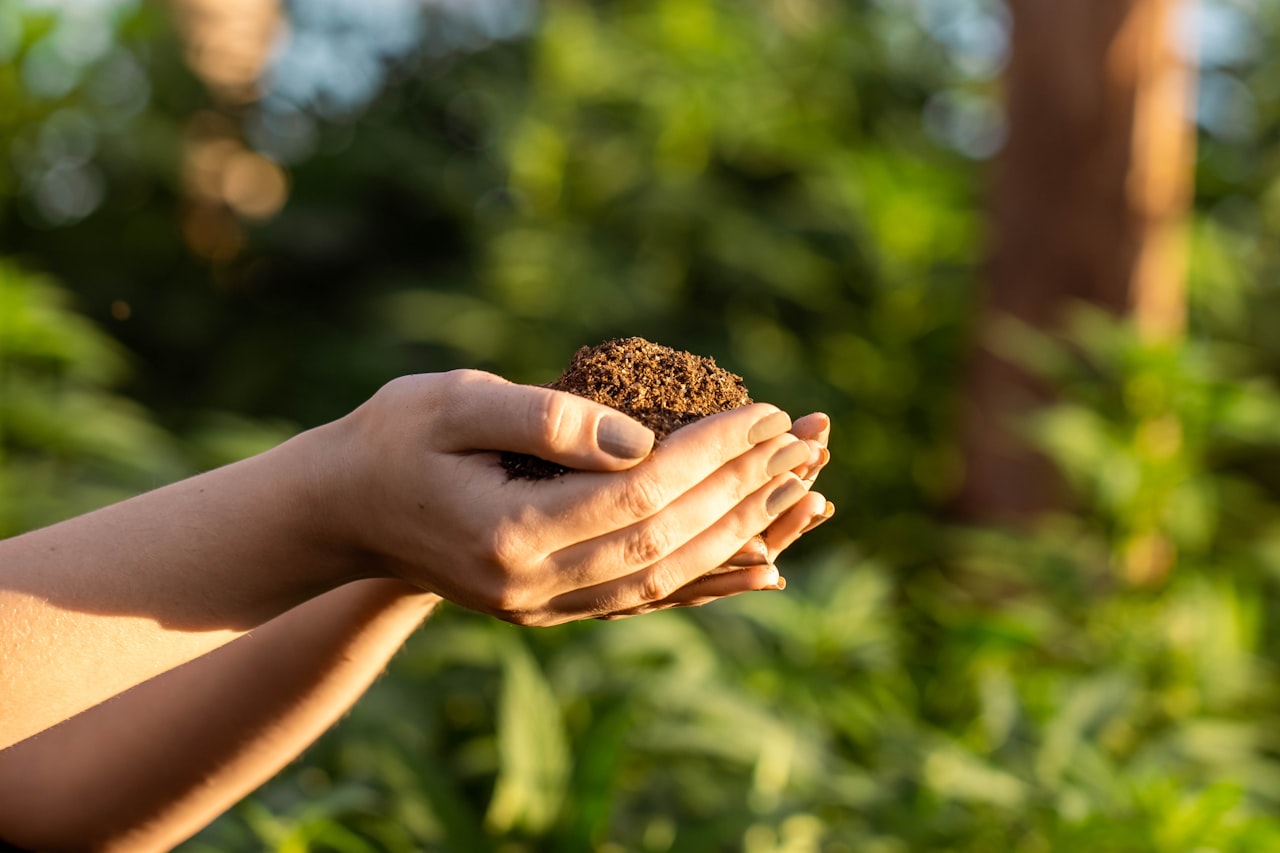In 1937 the marihuana tax act was enacted, imposing a tax on the sale of cannabis, hemp, or hemp and marijuana. It did not make these substances illegal, but made it illegal to sell, deal, or possess marijuana without registering with the Internal Revenue Service and paying a special occupational tax. Failure to do so risked the penalties of paying up to $2000 and five years in prison.
In the 1940s the government reconsidered and began to urge farmers, even 4-H clubs, to grow industrial hemp for the war effort. Other fiber sources were in short supply because of World War II. The fiber was used to make rope for the Navy and cloth for making parachutes.
Once the war was over hemp was returned to its previous status. The Controlled Substance Act in 1970 made it illegal to grow/manufacture, possess, sell, import and distribute all forms of cannabis, including industrial hemp.
Industrial Hemp Production in NC
Photo©NCSU North Carolina State University will offer its first industrial hemp course in May 2019.
In 2014 under section 7606 of the Agricultural Act the growing and cultivating of
industrial hemp for research purposes in the United States became legal where such growth and cultivation is legal under State law. So far, North Carolina has joined 13 other states in legalizing growing hemp – under strict conditions.
The North Carolina General Assembly passed Senate Bill 313 in 2015 to allow the Industrial Hemp Commission to develop rules and licensing to stay within the Federal laws. Temporary rules were reviewed and approved in 2017.
Industrial hemp has less THC (Tetrahydrocannabinol), the psychoactive chemical in cannabis, but otherwise there is little difference. Both marijuana and industrial hemp are from the same plant species and look the same. The only way to tell the difference is by chemical analysis.
Industrial Hemp Production in NC is Growing Fast!
To participate in the NC hemp pilot program farmers must apply for and obtain a hemp permit/license from the Industrial Hemp Commission. Once the NC application is approved licensed holders must pay an initial fee of $250. They must also pay an annual fee of $250 for 49 acres and under, $500 for 50 acres or more. License holders must also pay an additional $2/acre or $2/square foot of greenhouse where applicable. The holder is responsible for all costs and fees for their project. If a sample test for THC is done, they must pay the fee for that. Industrial Hemp Production in NC is Growing Fast!
Industrial hemp must have less than 0.3% THC, the chemical that causes one to get high. If a farmer’s hemp tests higher they will lose their license. Farmers will not be notified ahead of time that their hemp will be tested. Stresses like drought, flooding, heat, cold, too much fertilizer and not enough fertilizer can cause spikes in THC. Ways to prevent spikes are explained in
this bulletin by NC State Extension.
Quality hemp starts with quality seeds. NC Cooperative extension has a page on their website providing seed
resources Hemp is drought resistant but may need irrigation at various times. As with any planting, have the soil tested and that will tell you if you need to add anything to the soil. Spacing is important and varies on whether you are growing for fiber which comes from the stems or the oil which comes from the buds on the top of the plant. Some growers are using greenhouses and high tunnels for medicinal CBD oil production.
Read more. Seeds are sown in fields with small grain drills. Harvesting small plots and greenhouses may be done by hand, larger fields are harvested mechanically.
NC hemp growers are still finding their way; those who have already grown hemp in test programs seem to be having success. NC Cooperative Extension refers inquiries to
the cultivation of hemp.
While we don’t know the extent of the economic benefits of industrial hemp to North Carolina because we’ve only just begun, but the outlook is good. Nationwide, US sales of hemp products reached $820 million in 2017. NC growers are required to conduct research on the production, harvesting, processing and marketing of hemp products. As the industry grows so will related businesses and hemp jobs. Right now, NC hemp isn’t covered by crop insurance. It is hoped that will soon change as hemp has officially been declared a legal commodity by the Federal government.Look for more information coming soon on hemp stores, hemp farms, hemp jobs, hemp oil, seeds, permits and NC hemp processing.










